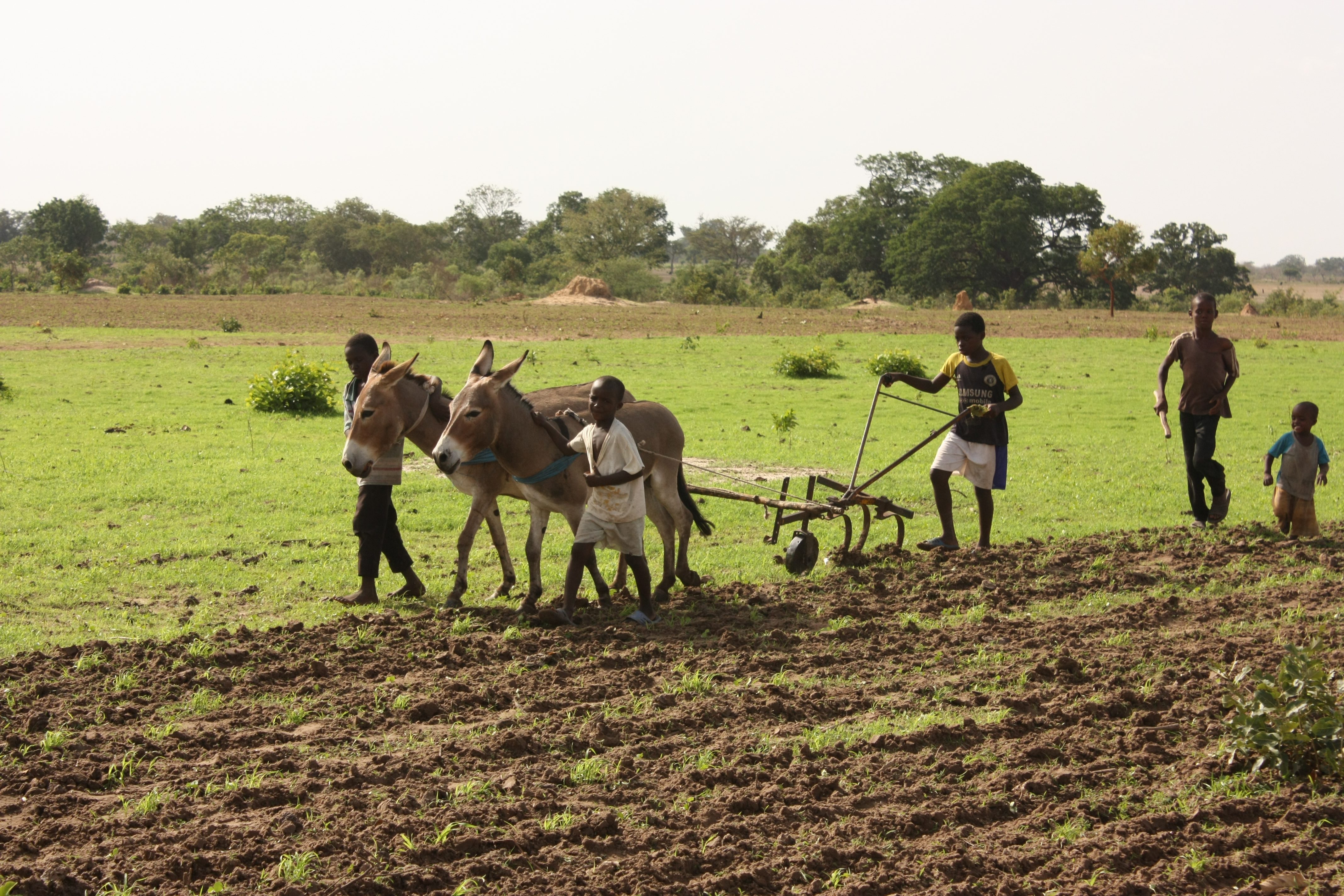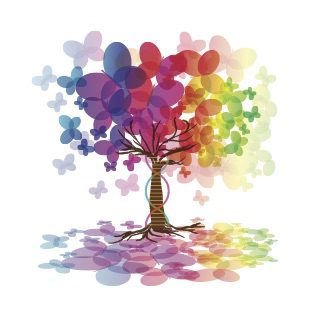By Inclusion SYV
Contributed
Unfortunately, the Santa Ynez Valley is not immune to the impacts of racism and bigotry.
Is there a way that we can all better embrace the national, ethnic, religious and gender diversity of our community and live more rewarding lives? That’s the purpose of Inclusion SYV, an organization founded in 2017.
The members of Inclusion welcome you to a monthly series of true stories written by members of our community, dedicated to initiating a continuing and open discussion of the immigrant experience and the often dramatic and long-term impact of both welcoming and traumatic events.
Our hope is that readers will find each story a meaningful contribution to a better understanding of each other.
The names of the writers are kept anonymous to protect their identities.
Email any comments to inclusionsyv@gmail.com. If you are interested in telling your story, please let us know.
n n n
My name is Antoinette. If my accent does not give me away as an immigrant from France as soon as I open my mouth, my name generally does.
I came to the United States in 1980 to study at Stanford University. After I got a Ph.D. in Applied Economics from the Food Research Institute, Stanford sponsored me for a green card. Shortly thereafter, I got married and became a U.S. citizen. I worked at the university until 2000 and have been living in the beautiful Santa Ynez Valley ever since.
In recent months, I have given a lot of thought to the anti-immigration and discrimination issues that are becoming more and more prevalent. Being part actor and part witness gives me conflicting perspectives.
I love the United Sates. I chose to come here, and I chose to stay. I used to think that it was truly the land of open minds and opportunities. During all my years here, not once have I felt like I was treated negatively because of my immigrant status, even early on when I barely spoke English. In fact, it has most often been the opposite.
My Stanford classmates helped me by sharing their class notes since language was a big barrier. Faculty and staff were kind and did everything they could to make me feel welcome. Even now, people routinely comment on my “cute” accent and advise me never to lose it (as if I could). They ask where I am from and comment on how cool it is that I grew up in Paris. They are interested and want to find out more about France and me.
Over the years, however, I have witnessed a very different story for other immigrants. It started when I was interviewed for a green card. I remember noticing that I was treated much better than other foreigners at the INS center. My interview was not especially cordial, but it was conducted in a polite and professional manner. I could hear, however, the incredibly rude and literally mean way that some agents were talking to other (non-Caucasian) immigrants. I remember being shocked.
I have also witnessed numerous incidents in my current work environment. My husband and I own and operate an olive orchard and an olive mill. Key to our business are two wonderful Hispanic people: José, our farm manager, has worked for us for 25 years, first for my husband in the Bay Area and now here. His wife, Blanca, has worked for us for 13 years as our bookkeeper. They live on our property with their children. They are family.
Time and time again, unfortunately, I see how differently some of our clients treat them. Sometimes it is subtle; sometimes it is totally out of line. I was once told by a neighbor to “go tell my migrant worker that ….” referring to José. I was so taken aback that I did not know how to respond. I have watched people time and time again abusing José and Blanca’s very helpful nature and asking for things they would never think to ask me. José once drove two hours each way to advise a woman about her olive trees, at her request. She gave him a bag of citrus to thank him. I could go on and on. It is an ongoing, appalling reminder of entitlement, racism and economic discrimination.
When all the negative rhetoric about immigrants started to intensify, I was first puzzled, then horrified. I could not understand how some citizens of a country founded by immigrants could have such a short memory.
I have wondered at length what causes such discrimination. Why do I see such different behavior towards other immigrants? Why is there story after story of belittling, bullying and abuse?
One day, I commented to a relatively conservative friend that it did not make me feel particularly good to hear all the anti-immigration talk, even though I was never attacked personally. She responded: “but it’s different for you.” Why is it different? Because I am Caucasian? Educated? From a European country? Because although I am not quite “the same,” I am only “a little” different? Probably all of the above, but I certainly don’t think it is based on any intrinsic value.
I responded to her that the United States needs farm, construction and restaurant labor, for instance, far more than economists. There is a big olive crop this year and it is difficult to find enough labor to pick the olives in a timely manner and to help with the milling process. Labor costs are crippling here because there is always a shortage of labor. Olive picking is back-breaking, minimum wage, seasonal work, and we cannot find white Americans who want to do it. So exactly what would make me a more valuable immigrant than our olive pickers? One could argue there are way too many economists!
I have lived extensively in three very different environments: Paris, the San Francisco Bay Area, and the Santa Ynez Valley. I have also been lucky enough to travel extensively around the world and become familiar with other cultures. I have been to many extremely poor as well as very wealthy countries, with completely different cultures, customs and traditions. It has made me appreciate how fortunate we are to live in the United States. We have so much, at so many levels. I try to remember that every day and be grateful, even for things as mundane as turning the water faucet on. How many billions of people don’t have running water?
In my opinion, we all can learn a tremendous amount from other cultures. Being exposed to different people and habits and trying to understand them helps us grow.
The most basic example is ethnic food. We love some a lot and other not so much, but it always generates ideas about our own cooking. I think it is the same about everything from music to traditions, religion, family and other values, to life in general.
Being with people who are different from us and trying to understand where they come from is fascinating and fun. More profoundly, it helps us not see them as “unreal others.” We realize that, in fact, we are all very similar: We all want to be happy, to have hope, to have opportunities. We want to be treated with respect and honesty. We all have small and big challenges. We are much more the same than we are different.
Another thing that strikes me is the growing lack of civility and manners in the United Sates. Manners and decorum are very important in France (unless you are a waiter in a French café, intent on projecting the worst possible attitude to locals and foreigners alike). They have a profound impact beyond appearances.
First, controlling our behavior and words can give us some space to consider what we want to communicate. This in turn impacts how people respond to us and prevents a vicious circle of mutual distrust. I firmly believe that more civility could go a long way in helping discrimination, bullying, and racism issues.
My love for the United States has not changed. I have observed profound changes in this country during my almost 40 years here, however, and they are disheartening. I hope that we will collectively come to our senses and find a way to return to the fantastic, more open and tolerant country we once were striving to be. My father taught me that we have a responsibility towards less privileged people. I think the same applies to us as a country. We have so much. Let’s pay it forward.






